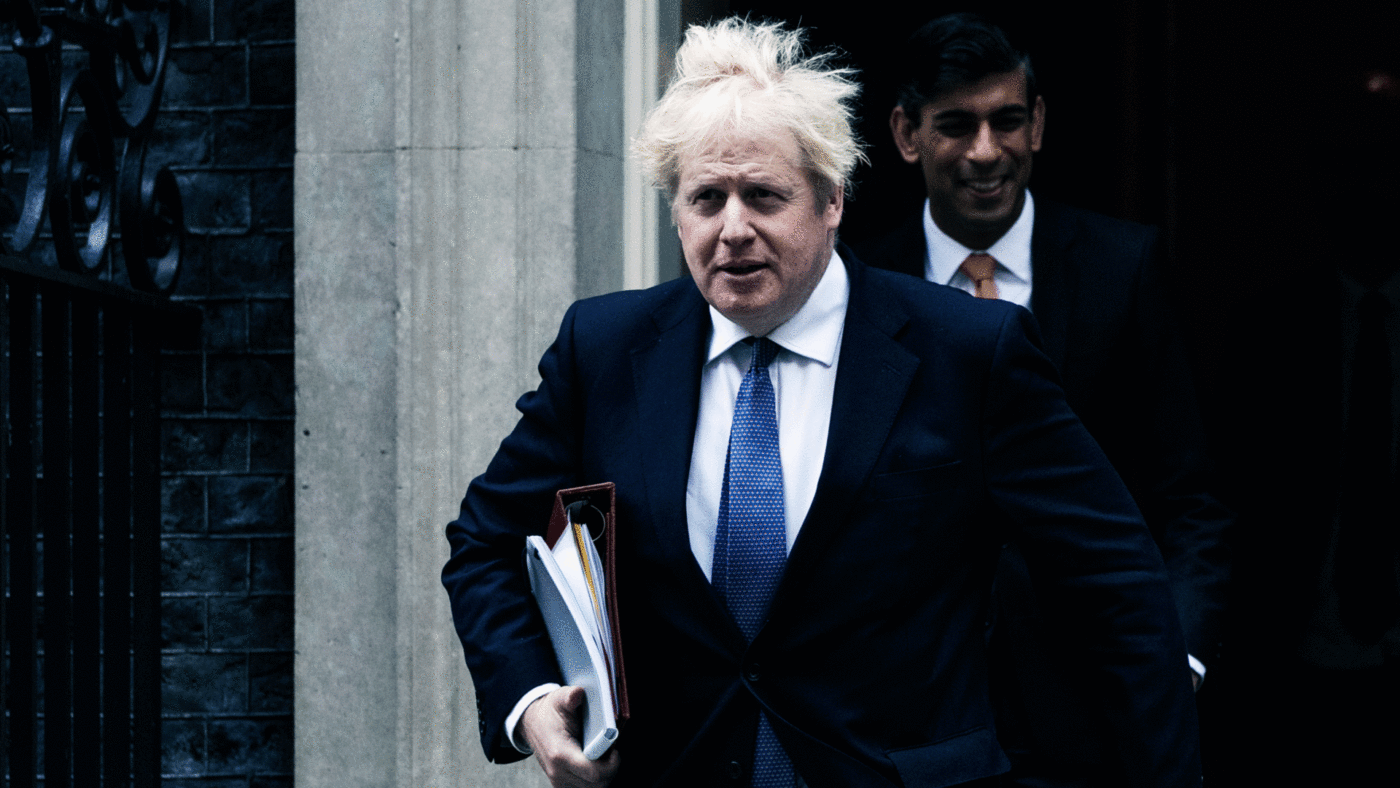Of all the fabrications spun by politicians, perhaps the most laughable is that they “take no notice of opinion polls”. On the contrary, they are obsessed with them. In a democracy that is inevitable.
Thus far the clear message from the polling during the pandemic has been to support the Government’s restrictions. For most people, the only criticism is that they don’t go far enough. While some scepticism has found its way into the newspapers, ministers facing the media – in interviews or during press conferences – usually face questions about whether “enough” is being done. The media, government statements and public opinion all reinforce each other. The tightening of controls announced yesterday reflects that.
Yet among the Tory MPs I speak to – from different wings of the party and different parts of the country – there is a majority view that the national lockdown was a mistake. The main objection is not libertarian principle – though that does crop up. It is about a sense of proportion. Some supported the first lockdown but feel the evidence now suggests it cost more lives than it saved. That was because of the call to “protect the NHS” by maximising the capacity for coronavirus patients. That single-mindedness led to patients being dispatched to care homes without being tested. It also meant more non-coronavirus deaths due to cancelled operations, missed cancer diagnoses, delays seeking attention for heart attacks and so on.
Others still feel the lockdown was broadly justified but could have been modified. “I doubt that closing primary schools saved a single life,” one of them told me.
It is the polling – the “political realities” as one put it – that has kept down the number of them speaking out against restrictions or rebelling against the Government. But I don’t know of any MP who would back a second full national lockdown, even on the pretext of it being merely a temporary “circuit breaker”. Claims from politicians about a “temporary measure” should be treated with suspicion.
Chris Green, the MP for Bolton West and Atherton, has resigned as a Parliamentary Private Secretary over the issue. He did not hold back in his resignation letter:
“During the lockdown, Bolton has seen 20,000 fewer GP referrals to hospital when compared to last year, while many others have not accessed vital treatment because they have been too frightened to do so. By taking our current approach to Covid-19, we are creating many other health problems that are leading to pain, suffering and death.”
He adds that “the damage done to physical and mental health, as well as to livelihoods and businesses” means that “the attempted cure is worse than the disease”. Of course, harm to business and the economy is important. But Green makes the point powerfully, it’s not just “lives versus livelihoods” but “lives versus lives”. Many of his colleagues privately agree.
In theory, there is less opposition to local lockdowns than the crude national ones. But when it comes to the local variations it is easier for our elected representatives – council leaders and mayors as well as MPs – to speak out. Questions of fairness and logic will be raised. The statistical basis of tighter rules for one area rather than another challenged. While some Labour council leaders make their support conditional on a huge “financial package” from the treasury, their Conservative equivalents tend to be more reticent about indulging in such fantasies.
The views of the rank and file, the activists, have also shifted. A survey of Conservative Party members for ConservativeHome earlier this month found support for Sweden-style Covid-19 policy is up from about a third of party activists to almost half:
“The cohort supporting a strategy that stresses voluntary social distancing now hovers just below half (49%) – having risen, as we say, from 31%. The two main factors accounting for the change will be frustration with Government policy and delivery, and the support for a Swedish-type option in the papers that Party members read, notably the Daily Telegraph.”
Conservative Party opinion would seem to be ahead of public opinion. Though one pollster, James Johnson, concludes it is “misleading” to assume there is strong public support for more lockdown measures. When it comes to some specifics – such as closing non-essential shops – most are now opposed. “Notwithstanding the difficulties and divisions posed by the geographically uneven nature of further lockdown areas, as well as a slimmer version of furlough and financial support, the public mood is very different to the one we saw in April,” writes Johnson in the Spectator.
In any case some Tory MPs feel that it is sometimes better politically to do the right thing even if it is unpopular in the short term. Margaret Thatcher was shrewd enough to be concerned about polling – but also to remember that general elections usually only occur every four or five years.
There is a film called The Rise and Rise of Michael Rimmer starring Peter Cook where after being asked to vote too often people are left pleading for dictatorship. Some Tory politicians are worried about similarly antagonising public opinion. But others are worried that if they are too eager to placate with further lockdowns they will be held to account for the consequences. It might make them more popular now, but distinctly less so come a General Election in 2024.
Click here to subscribe to our daily briefing – the best pieces from CapX and across the web.
CapX depends on the generosity of its readers. If you value what we do, please consider making a donation.


